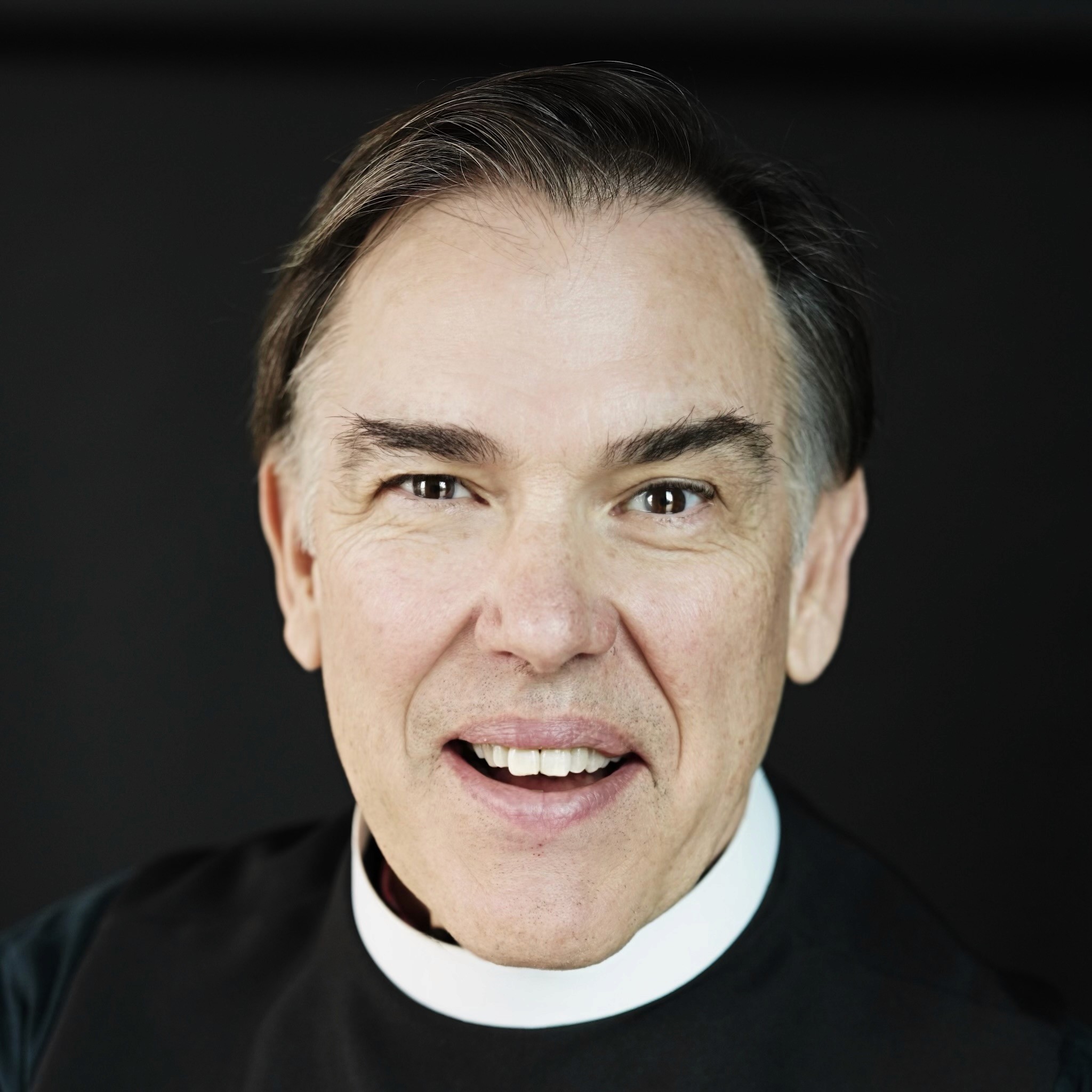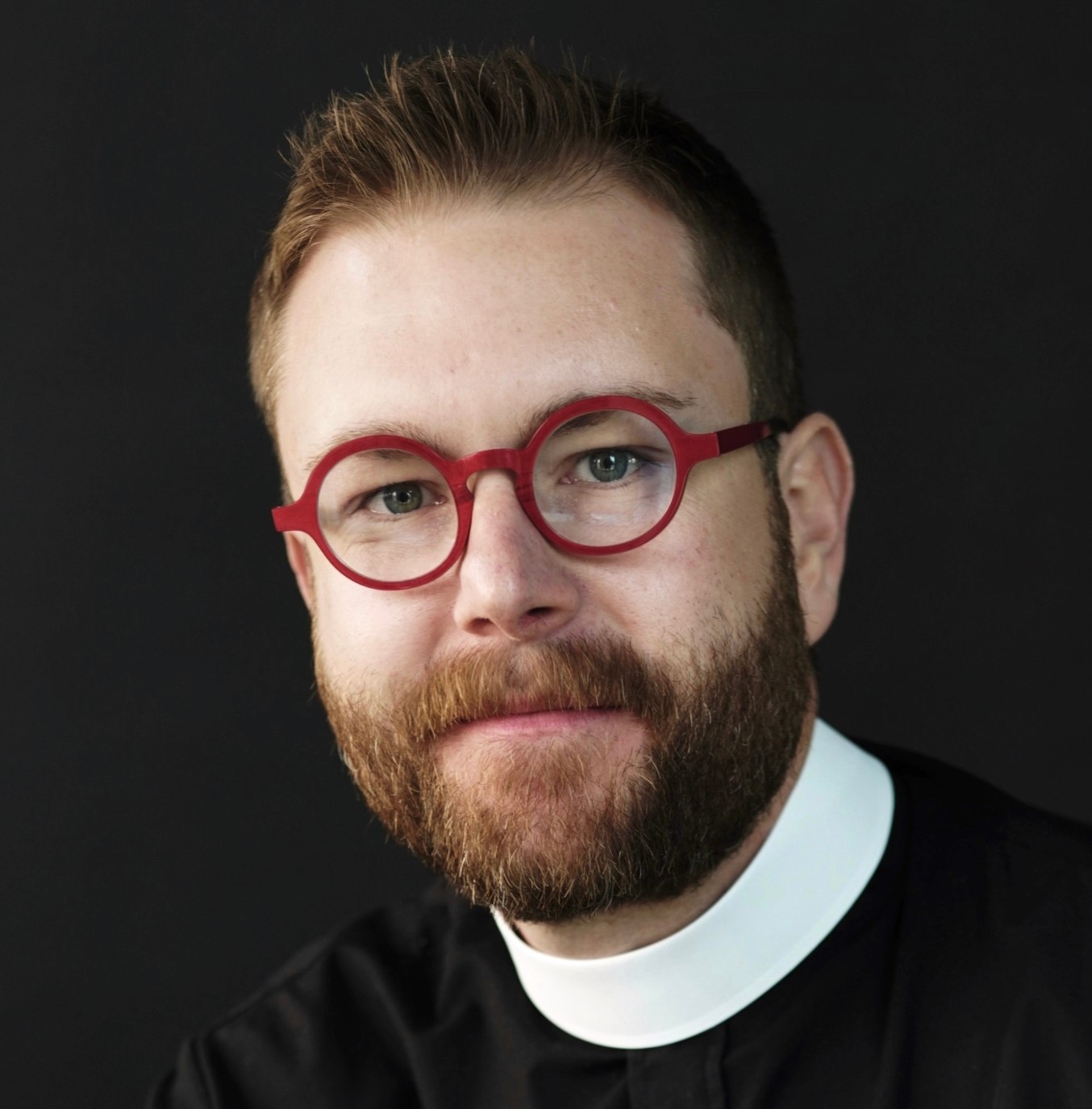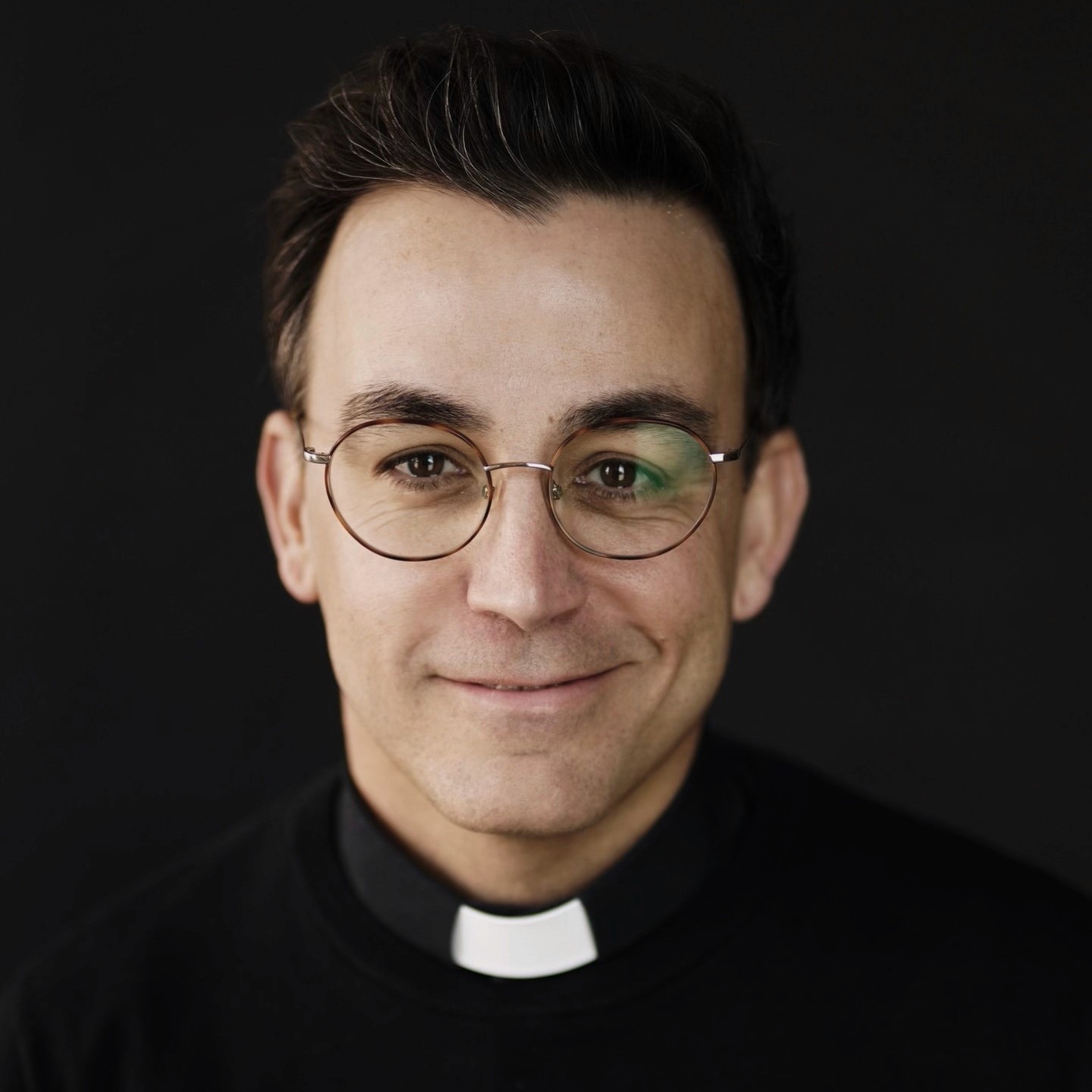About All Saints
An Anglican church in the heart of Dallas
Welcome! If you’re new to the Anglican tradition, or even the Christian faith, we recognize that throughout this site there may be words, phrases, or ideas that feel unfamiliar. If so, your curiosities are welcome here! Please don't hesitate to reach out with any questions or interests you may have about our community. We'd also love to meet you in person on a Sunday morning. Come and see.
Clergy & Ministry Directors
Operations & Support Staff

Mike Blanchat
Executive Administrator

Angelia Thames
Connection & Communication Director

Jen Hendrick
Communication & Event Administrator & Assistant to the Rt. Rev. Philip Jones

David Hickman
Financial Director

Lydia Ito
Finance Adminstrative Assistant

Kissy Blanchat
Altar & Sunday Team Coordinator

Ross Earley
Pastoral Resident & 4th/5th Kid Saints Team Lead

Meredith Drogin
Little Saints Team Lead & Prayer Ministry Coordinator

Robin Turner
Catechist

Adrian Smith
Sexton (Facilities Coordinator)

Brandon Fountain
Assistant to the Sexton
Cheryl Boyd
JoAnn Dealey
Jenny Green
Tim Hudson
Philip Jones
Obinna Jon-Ubabuco
Truitt Matthews
Lauren Middleton
Sahar Sea
John Williams
Three Streams
Scripture, Sacrament, Spirit
“A gospel-centered, liturgical, Spirit-filled community of believers...”
Founded upon the “three streams” of historic Christian worship, All Saints Dallas is a gospel-centered, liturgical, Spirit-filled community of believers.
The former Bishop of South India, Lesslie Newbigin, grieved that the church was broken up into what he saw as three tributaries—those Christians who focus on bible teaching (Evangelicals), those who prioritize liturgical and sacramental formation (Catholics), and those who emphasize the ministry of the Holy Spirit (Charismatics). Along with Newbigin, we believe these “streams” come from the same fount, and the church is at its healthiest when all three of these emphases are present. To that end, we seek to be a community shaped by:
Scripture
We believe the bible is the authoritative guide for God’s people, telling the true story of the whole world.
Sacrament
We believe God has chosen to work through physical objects—water, wine, bread, oil—to commune with and strengthen His people.
Spirit
We believe the Holy Spirit is presently at work in the world, supernaturally filling, empowering, and gifting all those who confess Jesus as Lord.
Our Beliefs
Summary
As an Anglican church, our theology is rooted in Scripture and encapsulated in The Book of Common Prayer and the 39 Articles of Religion. A helpful summary of our beliefs can be found in the Jerusalem Declaration.
The Book of Common Prayer
Both in the Old and New Testaments we see God's people sanctifying time by setting aside certain hours throughout the day to pray. In this tradition, the Book of Common Prayer invites Christians to commonly order their day, week, and year around prayer. In the Prayer Book you will find ancient liturgies intended to be used by individuals, families, and churches.
The 39 Articles of Religion
During the Protestant Reformation, The Church of England laid out the basic tenets of her faith in what came to be known as The 39 Articles of Religion. To this day, The 39 Articles remain a paragon of doctrine for Reformed Catholics in the Anglican tradition.
Membership Class
A Saturday morning class answering questions like:
What are the "Three Streams?"
Why do we follow a set liturgy each week?
How does the Holy Spirit work today?
How can I get more involved at All Saints?
The liturgical calendar is a yearly cycle that both tells of and invites one into the life of Jesus and the Church. It is a re-orienting of time around God’s mission in the world through his Son and his people.
It begins in Advent, crescendos in Holy Week and Easter, and ends in Ordinary Time. Through the liturgical calendar, our churches and families become a re-storied people as we embody the one true, good and beautiful story of God redeeming all of creation.













